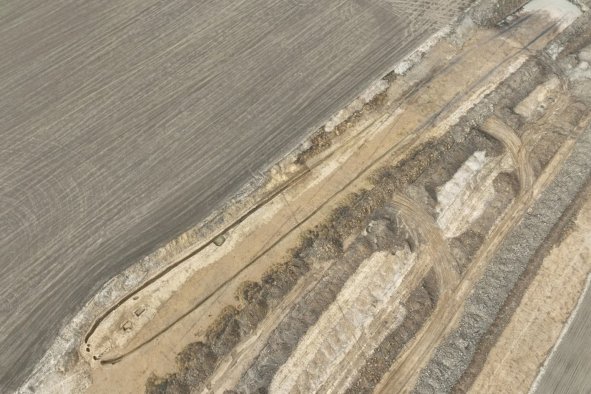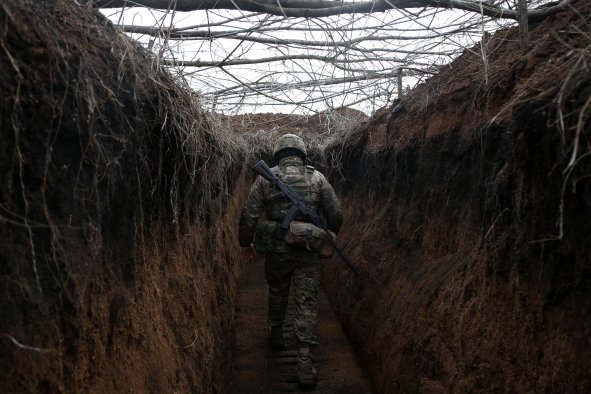Russia is poised to edge Turkmenistan as China's largest supplier of natural gas, Russian state media agency TASS cited Gazprom as saying.
Alexey Miller, CEO of the Russian government-controlled energy giant, said this will be the case once inflows from the Power of Siberia pipeline from eastern Russia to China are augmented by another 10 billion cubic meters (353 billion cubic feet) of gas piped in via the planned Far Eastern Route.
Open since late 2019, Power of Siberia provided China with some 22.7 billion cubic meters (bcm) of gas needs last year, one-and-a-half times more than in 2022, the year Moscow launched its ongoing invasion of Ukraine.
Gazprom is systematically ramping up gas flows through the Power of Siberia and will achieve 38 bcm when the pipeline reaches full capacity, a milestone expected by next year.
The Far Eastern gas pipeline, operated by Gazprom in conjunction with the state-owned China National Petroleum Corporation, is expected to open in 2027.
Russia is eager to increase its gas exports to China and other friendly markets after losing much of its business in Europe following its invasion. China has been a lifeline to Russia's heavily sanctioned economy, in terms of gas as well as trade flows.
Miller also told TASS the company is to expand gas transportation capacities and reliable long-term gas supplies to consumers in Central Asia.
Earlier this month, Putin concluded his state visit to China without having clinched a deal on the Power of Siberia, which would facilitate even larger gas exports if it's ever built.
Many analysts, including Chris Weafer, CEO of Eurasia-based strategic consultancy Macro-Advisory, say Beijing is waiting for a Russian concession to shoulder more of the construction costs. The world's second-largest economy's outsized importance to Russia gives it more bargaining power. China is set to get a 28 percent discount on Russian gas from this year until 2028.
In May, Gazprom held a fire sale after posting losses for the first time in 20 years.
Russia is therefore turning to fast-growing former Soviet economies in Central Asia, such as Kazakhstan and Uzbekistan, leveraging repaired Soviet-era infrastructure. This will allow Russia to benefit from these neighbors both as destinations and as transit points for the energy-hungry Chinese market, Weafer previously told Newsweek.
On Sunday, a Gazprom spokesperson told the media the company is piping a daily total of 42.4 million cubic meters to countries in Western and Central Europe by way of the Sudzha gas pumping station, the only remaining route for Russian gas into these countries.
The foreign ministries of China and Russia didn't immediately respond to written requests for comment.
Disclaimer: The copyright of this article belongs to the original author. Reposting this article is solely for the purpose of information dissemination and does not constitute any investment advice. If there is any infringement, please contact us immediately. We will make corrections or deletions as necessary. Thank you.



